'Narrowly-focused' data strategy not enough to build on local government progress
COVID-fuelled innovation could stall unless the government follows through on the promises it's made


Sign up today and you will receive a free copy of our Future Focus 2025 report - the leading guidance on AI, cybersecurity and other IT challenges as per 700+ senior executives
You are now subscribed
Your newsletter sign-up was successful
The government’s existing data strategy isn’t enough to maintain the momentum built during the COVID-19 pandemic with regards to how local authorities use data to transform public services.
The pandemic has led to “substantial positive developments” in the way local government uses data, according to the Centre for Data Ethics and Innovation (CDEI), which has witnessed data-driven innovations in public health and service delivery.
Hackney council, for example, combined internal and external datasets for the first time to help them identify residents particularly vulnerable to COVID-19 as an illness. The VIPER tool was used in Essex, meanwhile, to enable emergency services to share data in real-time.
Much of this innovation has been driven exclusively by COVID-19, which has forced the hand of the public sector to innovate and experiment. This reflects a pattern in both the public and private sector, with the pandemic forcing organisations to adapt in order to continue delivering services that are essential to their end-users.
“Almost every aspect of local government has required at least temporary reform during the pandemic,” said board member for the CDEI, Edwina Dunn.
“Data and data-driven technologies have played an important part in enabling local councils to respond to the COVID-19 crisis, helping to inform public health measures, protect the most vulnerable in local communities, and keep public services running.
“With the right support, councils can retain and build on efforts to utilise data effectively, in a way that is in keeping with the expectations of their residents, to provide local services communities can rely on.”
Sign up today and you will receive a free copy of our Future Focus 2025 report - the leading guidance on AI, cybersecurity and other IT challenges as per 700+ senior executives
Dramatic improvements
The CDEI hosted a forum with several public sector groups, including local authorities, to establish how data was being used at a local level, and how this could be improved in future.
The report also found that local authorities have had more success in changing how they deploy existing datasets than in acquiring or sharing data with others while concluding the scale of change was more vast with authorities with dedicated data teams.

RELATED RESOURCE
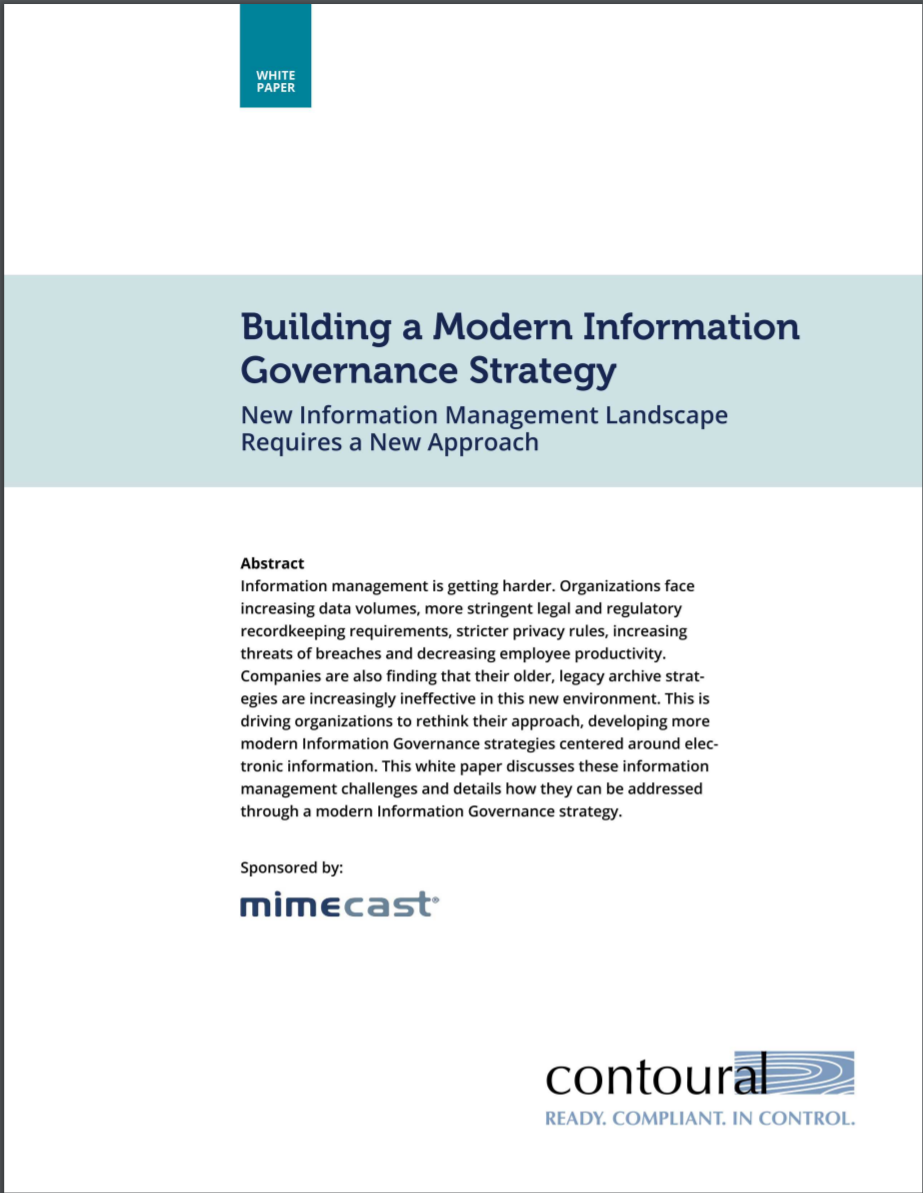
Building a modern information governance strategy
How to rethink your approach to develop a more modern information governance strategy
The sharing of health data has also improved dramatically across the board. The government, for example, has granted councils access to the shielding patients database, which has allowed them to deliver support such as food parcels and pharmacy deliveries.
All progress that local authorities have made in 2020, however, is being undermined by a “narrowly-focused” set of measures that won’t guarantee any long-term positive change as we move beyond the pandemic.
The Local Government Association (LGA) recently published a guide on using predictive analytics for local councils, for instance, while the Ministry Ministry of Housing, Communities and Local Government (MHCLG) is running a COVID-19 Challenge Fund. As part of this latter scheme, 11 projects have been awarded a share of £800,000.
'Fragmented and rudderless'
Although these are positive steps, on their own, the CDEI concluded, these are “unlikely to move the needle in how local authorities use data”.
One widely-shared anxiety among local government leaders is that the emergency powers granted during COVID-19 will be rescinded once the pandemic has subsided.
There’s particular concern that local authorities will lose their appetite for experimentation once the emergency subsides and with it their willingness to experiment with untried data-driven interventions.
There is, however, some hope in the way that these schemes, in combination with the government’s new National Data Strategy, shows a desire to make more support available for fostering innovation at a local level.
Launched in September 2020, the strategy signals a growing conviction within government to innovate using data, the CDEI claims, promising to strengthen skills, improve standards and bring clarity to regulations.
This strategy, however, was described as "fragmented and rudderless" shortly after its launch by the influential Public Accounts Committee (PAC) of cross-party MPs.

Keumars Afifi-Sabet is a writer and editor that specialises in public sector, cyber security, and cloud computing. He first joined ITPro as a staff writer in April 2018 and eventually became its Features Editor. Although a regular contributor to other tech sites in the past, these days you will find Keumars on LiveScience, where he runs its Technology section.
-
 This new mobile compromise toolkit enables spyware, surveillance, and data theft
This new mobile compromise toolkit enables spyware, surveillance, and data theftNews The professional package allows even unsophisticated attackers to take full control of devices
-
 Touchscreen laptops are always a bad idea
Touchscreen laptops are always a bad ideaOpinion If the rumors of a touchscreen MacBook prove correct, it will kill my confidence in the brand
-
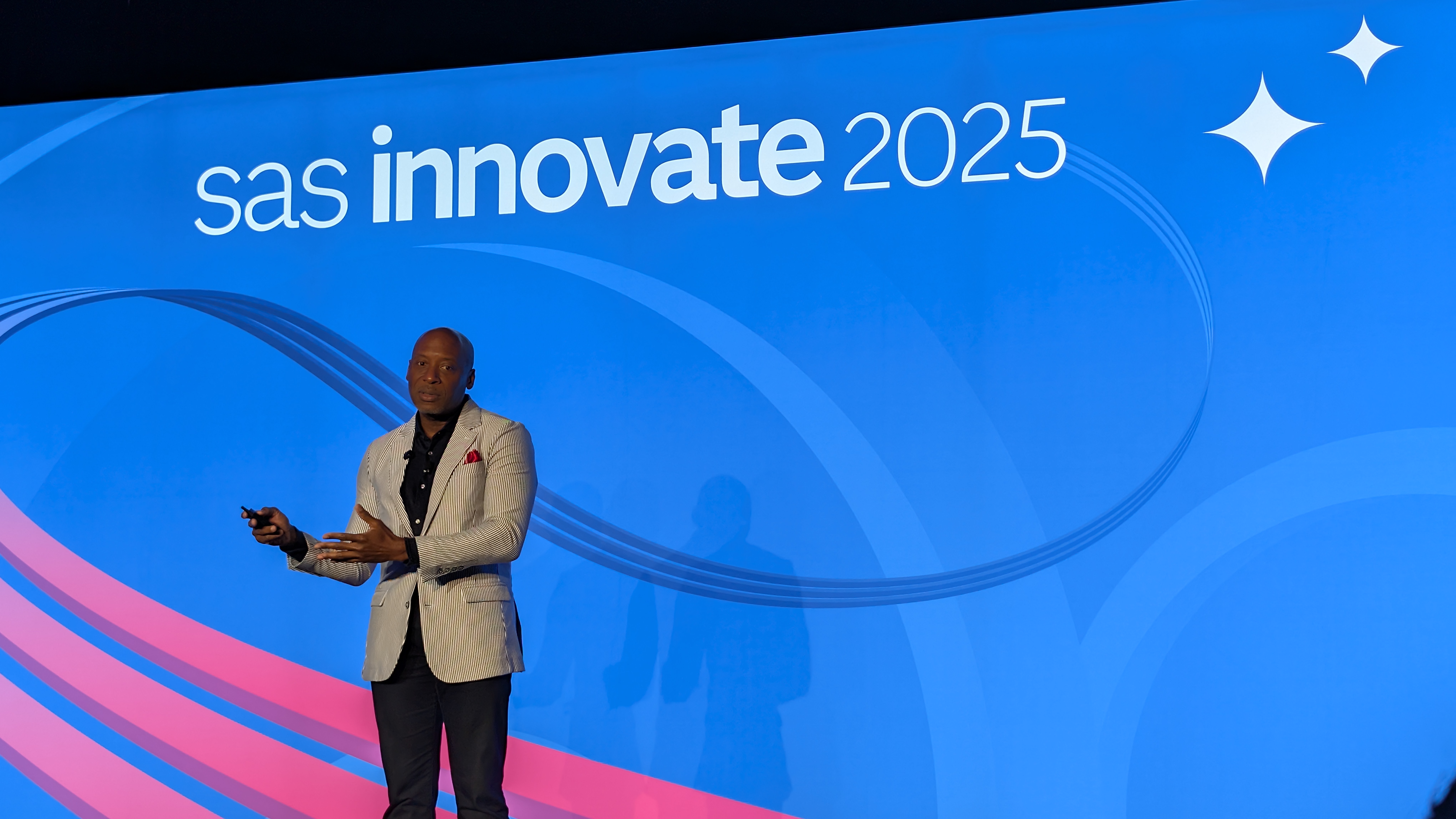 “Public trust has become the new currency for AI innovation”: Why SAS is ringing the alarm bell on AI governance for enterprises
“Public trust has become the new currency for AI innovation”: Why SAS is ringing the alarm bell on AI governance for enterprisesNews Demonstrating responsible stewardship of AI could be the key differentiator for success with the technology, rather than simply speed of adoption
-
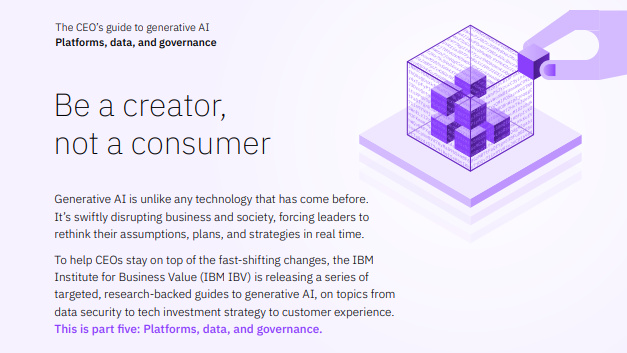 The CEO's guide to generative AI: Be a creator, not a consumer
The CEO's guide to generative AI: Be a creator, not a consumerWhitepaper Innovate your business model with modern IT architecture, and the principles of trustworthy AI
-
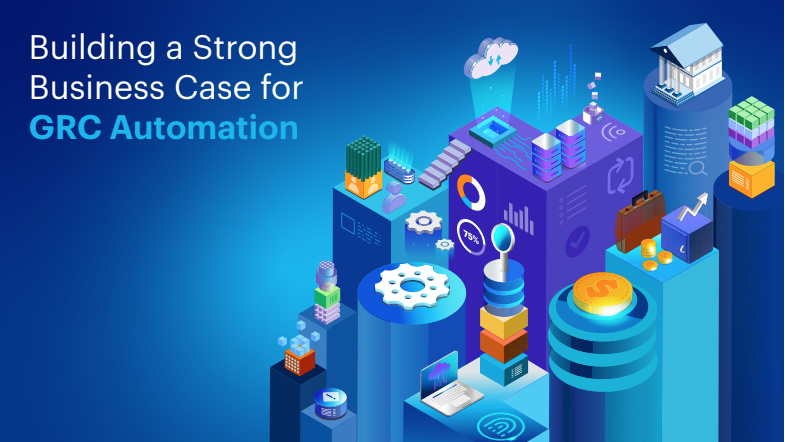 Building a strong business case for GRC automation
Building a strong business case for GRC automationwhitepaper Successfully implement an innovative governance, risk & compliance management platform
-
 Sundar Pichai: AI keeps me up at night
Sundar Pichai: AI keeps me up at nightNews The Google chief warned that recent AI developments will have a profound impact on society
-
 ChatGPT privacy flaw exposes users’ chatbot interactions
ChatGPT privacy flaw exposes users’ chatbot interactionsNews OpenAI has not expanded on the flaw in detail, nor indicated its reach
-
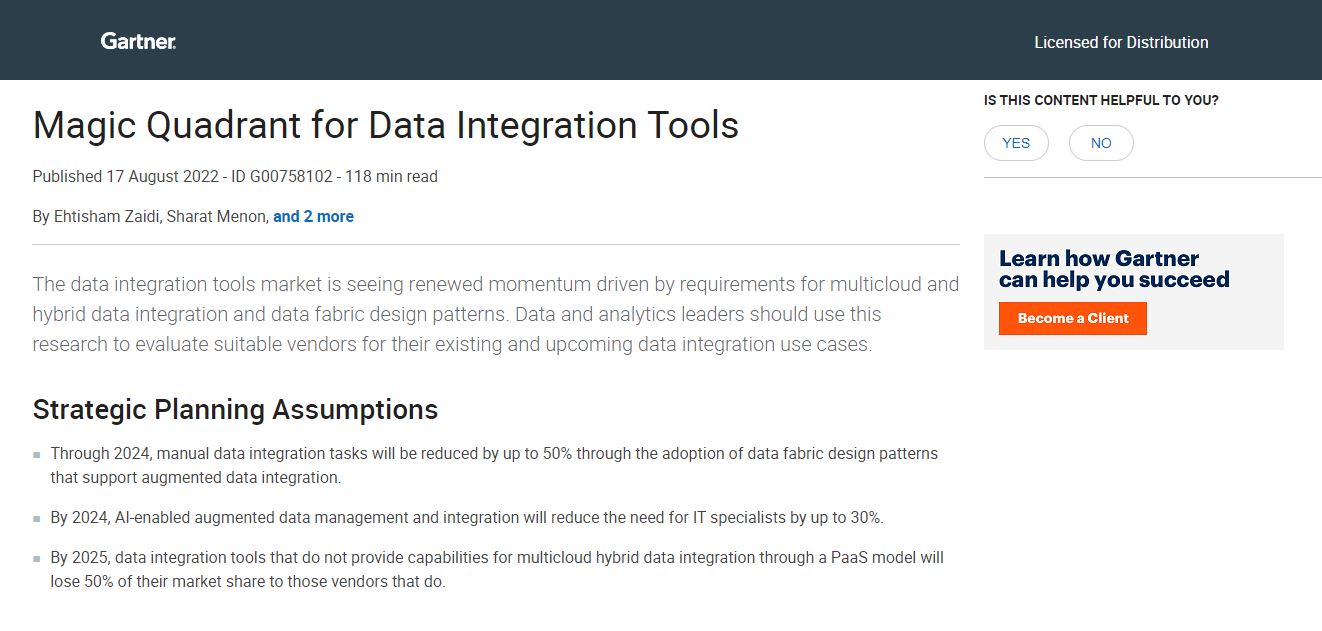 2022 Magic Quadrant for data integration tools
2022 Magic Quadrant for data integration toolsWhitepaper Using research to evaluate suitable vendors for their existing and upcoming data integration use cases
-
 Redefining modern master data management in the cloud
Redefining modern master data management in the cloudWhitepaper Why you need a modern MDM solution built for the cloud
-
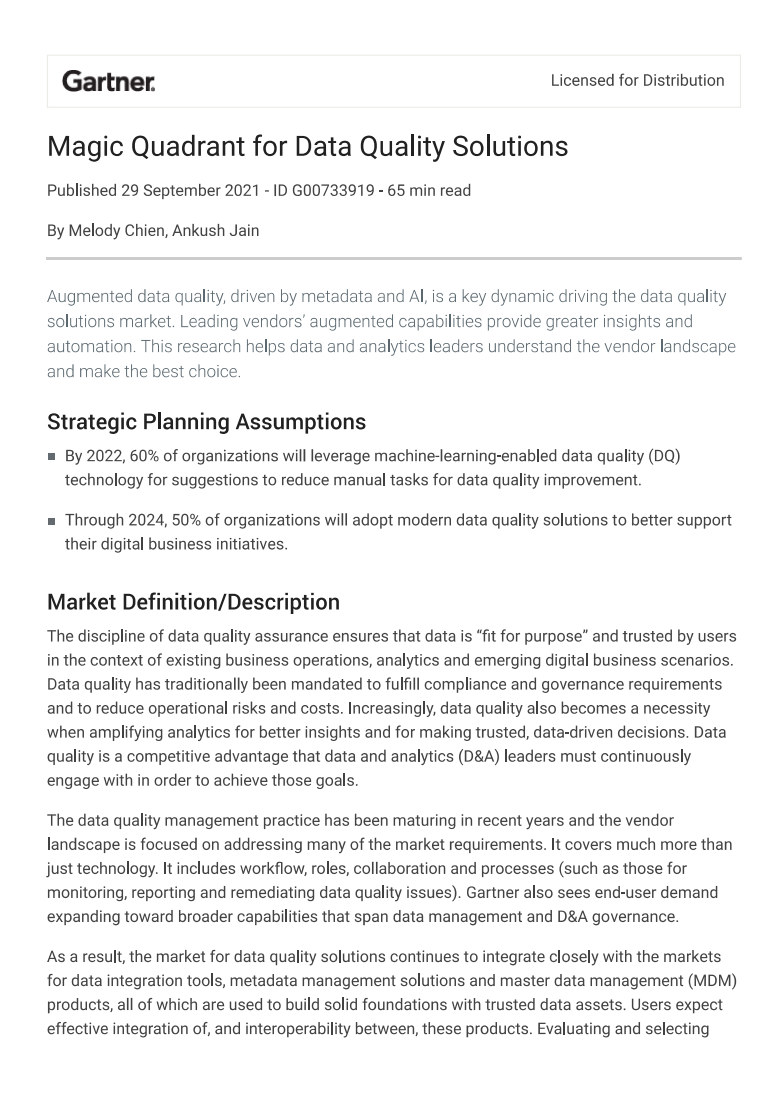 Magic quadrant for data quality solutions
Magic quadrant for data quality solutionsWhitepaper Amplifying analytics for better insights and for making trusted, data-driven decisions